6th Grade: Intro to Drama (.5)
7th Grade: Theater 1 (1.0)
8th Grade: Theater 1 or 2 (1.0)
RRHS Academy: Fine Arts Music Entertainment
Introduction to Drama (.5) Students learn the basics of building a character through such activities as pantomime, improvisation, and effective speaking using articulation, projection, and breathing. Students also learn the importance of technical theatre and explore the use of such elements as costumes, props, and scenery. Students practice writing for the theatre and explore various theatre roles and functions. Public performances may serve as a culmination of specific instructional goals. Students may be required to attend and/or participate in rehearsals and performances outside the school day to support, extend, and assess learning in the classroom. Public performances may serve as a culmination of specific instructional goals. Students may be required to attend and/or participate in rehearsals and performances outside the school day to support, extend, and assess learning in the classroom.
Theater 1– 1 Year Students learn the basics of building a character through such activities as pantomime, improvisation, and effective speaking using articulation, projection, and breathing. Students also learn the importance of technical theatre and explore the use of such elements as costumes, props, and scenery. Students practice writing for the theatre and explore various theatre roles and functions. Public performances may serve as a culmination of specific instructional goals. Students may be required to attend and/or participate in rehearsals and performances outside the school day to support, extend, and assess learning in the classroom. Public performances may serve as a culmination of specific instructional goals. Students may be required to attend and/or participate in rehearsals and performances outside the school day to support, extend, and assess learning in the classroom.
Theatre 2 – 1 Year Students with previous theatre experience and instruction continue to study acting, design, and dramatic literature to increase the enjoyment and understanding of what is required to prepare plays for the public. Students explore theatre history, costuming, makeup, puppetry and examine the cultural and historical contributions to theatre, and begin to use the information to inform and improve their theatre knowledge and skills. Students begin to use the basic elements of theatre design through practical application and projects. Public performances may serve as a culmination of specific instructional goals. Students may be required to attend and/or participate in rehearsals and performances outside the school day to support, extend, and assess learning in the classroom.





